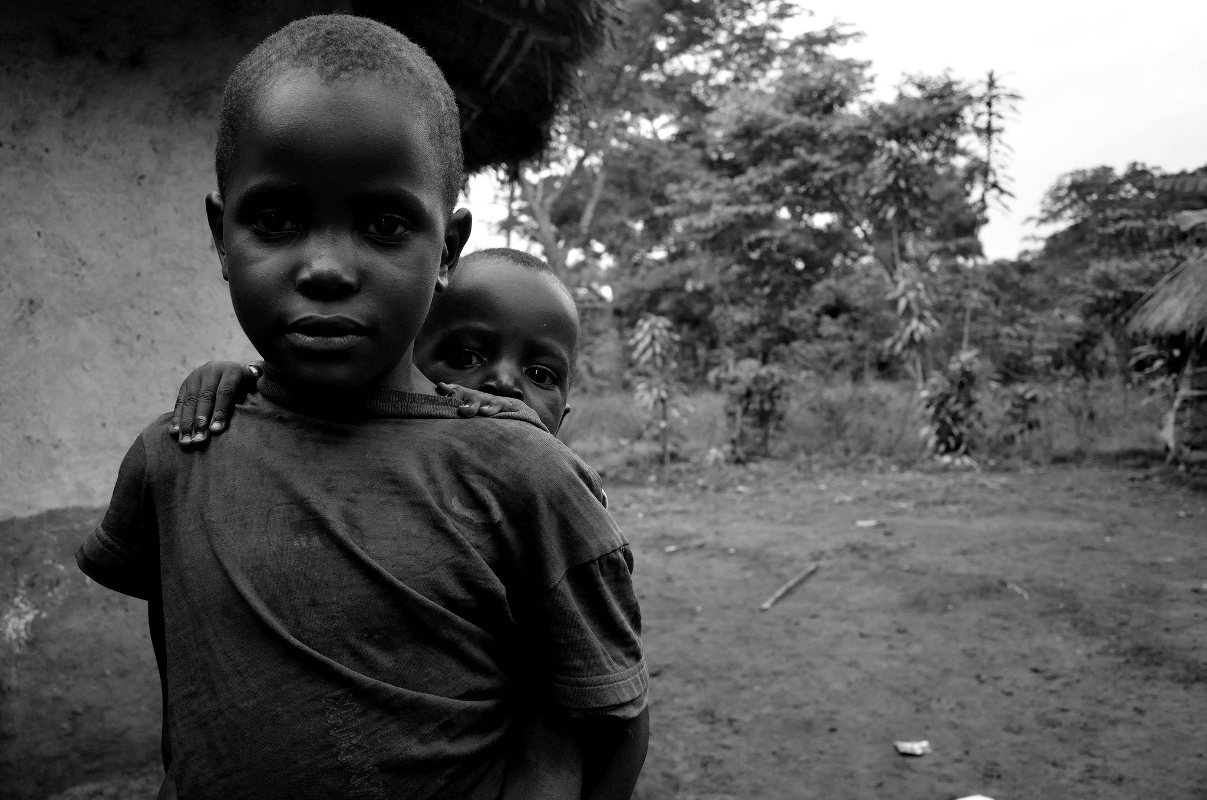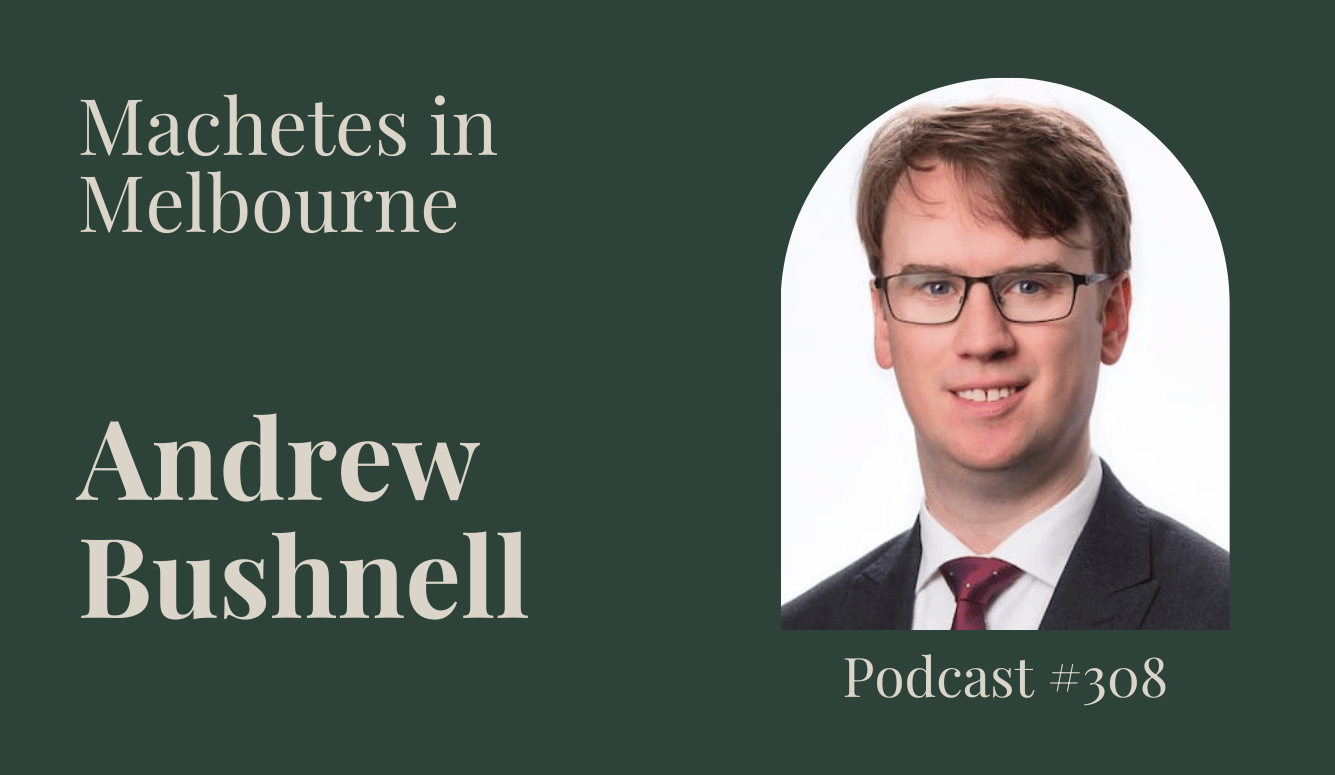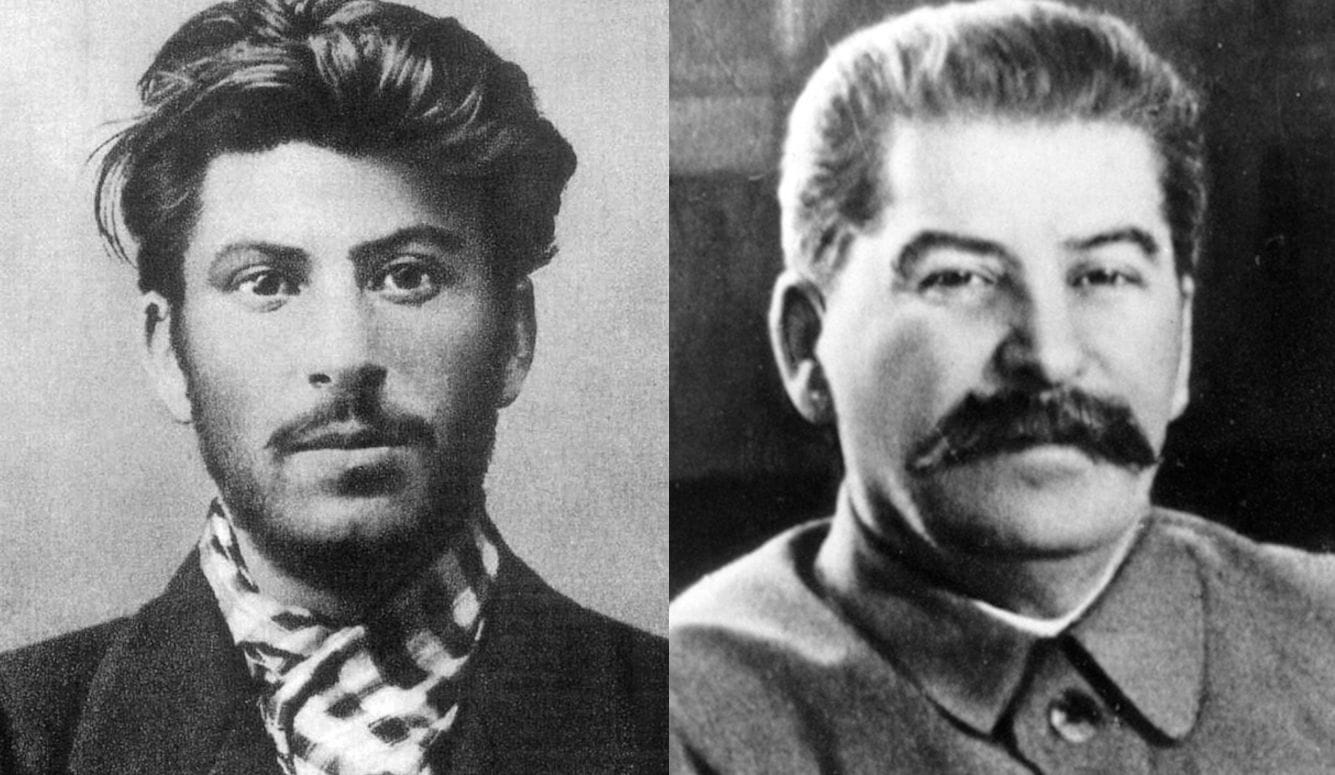Art and Culture
Doing Good Better — William MacAskill
MacAskill seeks to convince that not only are we in the developed world in a position to do a tremendous amount of good, but that our approach to doing good is itself tremendously important.

A review of Doing Good Better: How Effective Altruism Can Help You Help Others, Do Work that Matters, and Make Smarter Choices about Giving Back, by William MacAskill. Avery; Reprint edition (August 2, 2016), 272 pages.
Imagine you’re walking down the street when you see an out of control stroller speeding past. A mother screams out in horror as her child rockets towards traffic. You burst into action, sprint onto the road, and divert the baby from an oncoming truck. You’ve saved a life. You’re a hero. Now, imagine doing that several times. You rescue one person drowning at the beach, drag another from a burning building, foil an attempted murder… as the saviour of several lives – you’re rapidly approaching superhero status. But, according to William MacAskill’s book Doing Good Better, we can do more than that. ‘Far more than that’.
MacAskill seeks to convince that not only are we in the developed world in a position to do a tremendous amount of good, but that our approach to doing good is itself tremendously important.
The book is an exploration of the author’s own movement Effective Altruism (EA), which asks at its core: of all the ways in which we could make the world a better place, which will do the most good?
Our response to natural disasters is presented as a clear case study of collective thinking on the topic of charity:
We forget there is an emergency happening all the time because we’ve grown accustomed to everyday emergencies like disease and poverty and oppression. Because disasters are new and dramatic events, they inspire deeper and more urgent emotions, causing our subconscious to mistakenly assess them as more important or worthy of attention.
Instead, MacAskill argues, we must think scientifically. He lists the five key questions of EA; How many people benefit, and by how much? Is this the most effective thing you can do? Is this area neglected? What would have happened otherwise? What are the chances of success, and how good would success be?
I spent several years as a professional poker player; my ethical justification for which was that I would use a percentage of my winnings to contribute to what Christopher Hitchen’s called ‘the only known cure for poverty’ — the empowerment of women and girls. I did this through organisations dedicated to improving the education of girls in developing countries. My position has always been that if I can improve individual lives, in addition to advancing a cause that I unapologetically think is more important than others, this must be the logical option. But looking at the top charities list at GiveWell (MacAskill’s charity review site of choice), there are no direct examples for children’s education — let alone specifically for girls. Had I also fallen into the trap of being guided by emotion rather than reason?
Our intuition seems to be that if one charity is more effective than another, it’s not going to be by that much. But according to Doing Good Better, the reality is that even a good, effective program can be 500 times less effective than the very best. Using the estimate that $3,400 is enough to save one life in the developing world – MacAskill powerfully reminds us that, over the course of our lives, our choices here really do matter.
More than the specific examples of some of the most (and least) effective charities of today, MacAskill’s work provides a framework to analyse charitable causes for a lifetime. He also provides a method to compare causes that may seem incomparable; is it better to focus on deworming initiatives, or climate change?
Ken Berger (the CEO of review service Charity Navigator) and his colleague Robert M. Penna have been critical of the Effective Altruism movement, claiming that “it’s impossible to weigh one person’s interests against another’s” and that comparing one cause to another results in “little more than charitable imperialism”. As with an inability to say that sexual slavery is worse than sexist tweets, I find this relativism indefensibly idiotic. But if you can be convinced of the merit of applying the concept of triage outside of the hospital, MacAskill’s case will be difficult to ignore.

Doing Good Better also extends its scope to exploring how ethically minded people can choose the most effective career. MacAskill suggests that “instead of trying to work out what your calling is and then forming a rigid plan on the basis of that calling, you should think like a scientist, testing hypotheses”.
The depth of analysis presented can be challenging, but is crucial to the conversation. MacAskill determines that a doctor that moves to a very poor country could save around four lives per year due to day-to-day work, but that a specialist oncologist who stayed home could save dozens of lives per year by donating a significant portion of their salary to effective causes (still leaving them with a very comfortable lifestyle). This raises the fascinating question — is the best ethical choice a focus on ‘earning to give?’
Can I do more good working at an effective non-profit, attempting to make it as a politician, or becoming a hedge fund manager?
An ethical wall street fat cat?! Some may already be eagerly skipping to the comments section. Attempting to summarise MacAskill’s long-form arguments here would be doing him and the EA movement a disservice; what I can assure you is that his is an intelligently reasoned position — one that will require plenty of work to refute (something honest critics should always welcome). I think the author does stretch credulity as to plausible ‘earning to give’ occupations when mentioning a run-in between Louis Theroux and a Hollywood cosmetic surgeon — but the central argument is robust.
One of the crucial points raised in Doing Good Better is the fact that it isn’t about how much good you achieve; it’s the difference between the good you achieve and what would have happened otherwise. When you take a job at a non-profit, you’re undoubtedly helping people. But had you not applied for the job, it would have been given to the next person in line. Assuming they chose you because you were the most qualified applicant, it’s fair to assume that you would have been doing more good than your replacement. But by how much? The key question is: where do your skills give you the best chance to have the biggest impact?
When points of contention arose within the book, MacAskill consistently addressed them. When told that the bottom 20% of the world’s population live on less than $1.50 a day, I thought ‘but what’s the equivalent value of $1.50 in those countries?’. The data had already taken this into account, as the author would tell me eight seconds later. 1.22 billion people living on what you could buy in the United States for $1.50 per day.
This kind of anticipation and countering is incredibly satisfying to the sceptical reader, and MacAskill does it brilliantly. Using clear language and engaging real world examples, Doing Good Better is a thoroughly entertaining moral puzzle book; one that just happens to have the potential to save many lives.
What’s so exciting about a book like this is its ability to make a tangible difference — right now. I set out this review with a silent wager: if MacAskill could convince me of his thesis, I would donate the entirety of my (modest) fee for the article to the current number one charity listed at GiveWell. If he failed, I would donate part of the fee to an education based initiative, and treat myself to a bottle of scotch with the rest.
While I haven’t been swayed from thinking that the empowerment of women and girls in developing countries is at the top of the list of worthy causes, I have been convinced that — as yet — the available methods of pursuing this cause simply cannot compete with the good that can be done elsewhere.
Thanks to MacAskill, providing long-lasting insecticide-treated bed nets to prevent malaria will be my cause of choice for the foreseeable future — and I’m spending the night in with a cool glass of tap water.
*The four and a half stars originally allocated for this review have also been donated to the Against Malaria Foundation.






